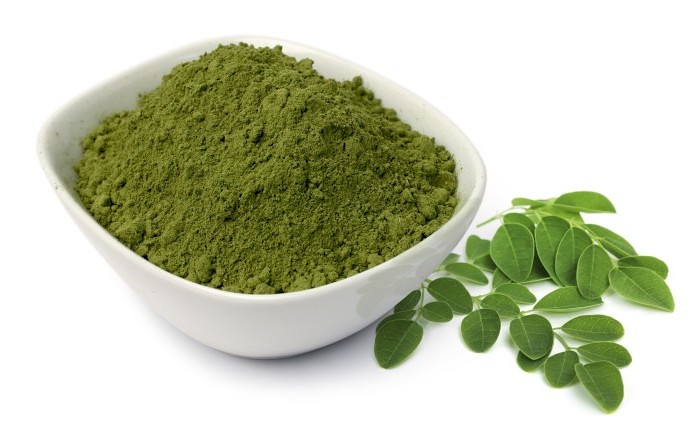In the past year, a debate has intensified over how kratom—a plant with mild opioid-like and stimulant properties—should be regulated by the US government. Kratom users and advocates suggest it should be sold as a vitamin, whereas the Food and Drug Administration (FDA) is pushing for it to be listed as a Schedule I controlled substance—effectively criminalizing the green powder often purchased in head shops.
While broad policy action has yet to be taken in favor of either approach, the FDA continues to lead a crackdown on kratom distributors. On June 25, the agency announced that it had issued warnings to at least two businesses—Cali Botanicals outside Sacramento and Kratom NC in Wilmington, North Carolina—for marketing kratom products with non-FDA-approved claims about potential benefits for people with opioid use disorder. The letters demanded that the businesses alter their marketing practices, or risk law enforcement actions including seizures and injunctions.
“Despite our warnings, companies continue to sell this dangerous product and make deceptive medical claims that are not backed by science or any reliable scientific evidence,” said Acting FDA Commissioner Ned Sharpless, who recently took the helm of the agency after former Commissioner Scott Gottlieb stepped down earlier this year.
The FDA identified claims on Cali Botanical’s webpage that some strains of the kratom plant are “effective alternatives to opiates,” and that the plant generally is a potential “means of treating their [consumer’s] opioid addiction” and “leveling the often deadly risks of opiate withdrawal.”
In addition to not approving and discouraging kratom’s use in general, the FDA takes issue with such marketing practices because they fear that patient utilization of “unproven treatments could cause patients to forgo or delay FDA-approved treatments for opioid addiction and withdrawal,” like methadone and buprenorphine. The FDA fears that this could “delay their path to recovery and put them at greater risk of addiction, overdose and death.”
At the same time, many people who use kratom—estimated at 5 million in the US by the American Kratom Association—anecdotally report that it has helped them with withdrawal from opioids, or for use as a safer alternative. One 2016 survey of 6,150 kratom users found that 51 percent of them used kratom for chronic or acute pain, 14 percent for anxiety, and 9 percent to self-treat opioid addiction or dependence.
Between 2011 and 2017, 11 kratom-involved deaths were reported, though nearly all of them also involved other substances. Earlier in 2019, the Centers for Disease Control and Prevention examined 27,000 overdose deaths from mid-2016 to the end of 2017, finding that 91 of them involved kratom. In comparison, more than 47,000 people died from an opioid-involved overdose in the United States in 2017.
“As we work to combat the opioid crisis, we cannot allow unscrupulous vendors to take advantage of consumers by selling products with unsubstantiated claims that they can treat opioid addiction or alleviate other medical conditions,” said Acting Commissioner Sharpless.
“The manufacturer should not be making those claims,” admitted Dr. Murray Holcomb, a general surgeon based in Austin, Texas. But after seeing how kratom helped alleviate his son’s depression and anhedonia, developed after being put on high doses of prescribed Xanax, Holcomb believes that “people can make their own decisions.”
Photo via Michael Kray/Flickr (Creative Commons)





Show Comments